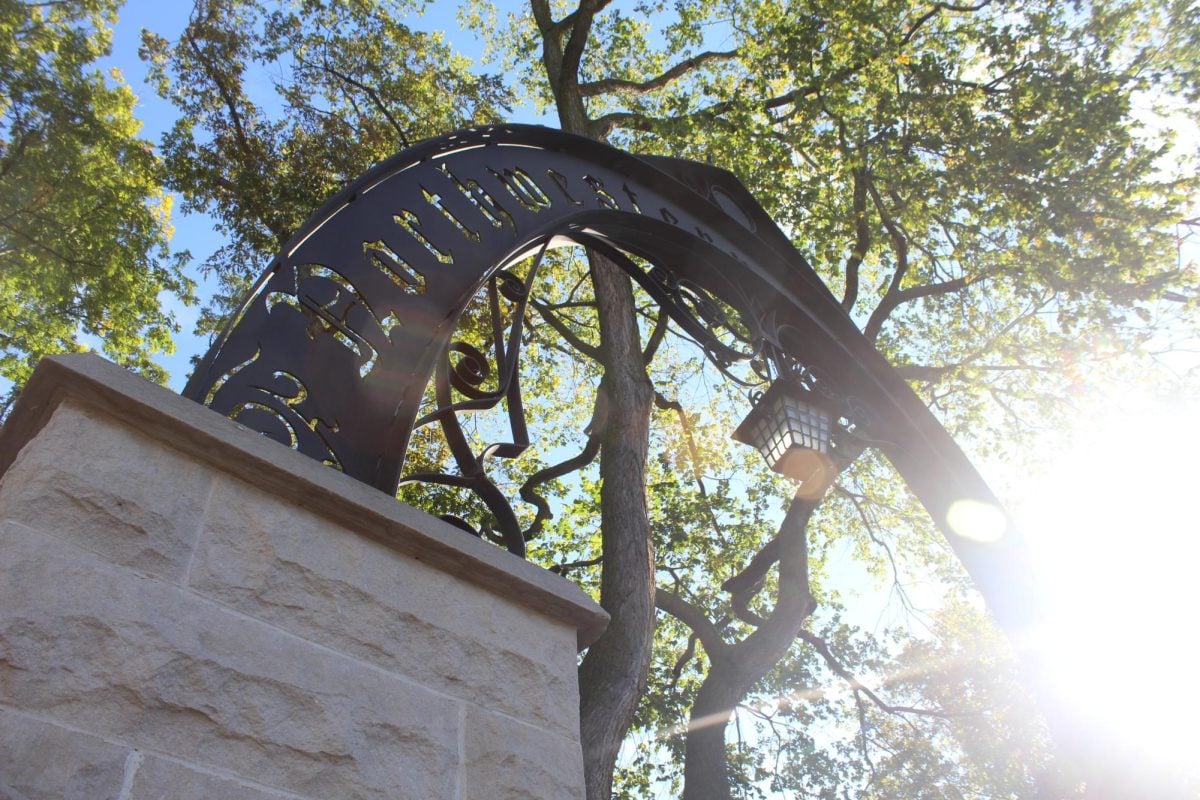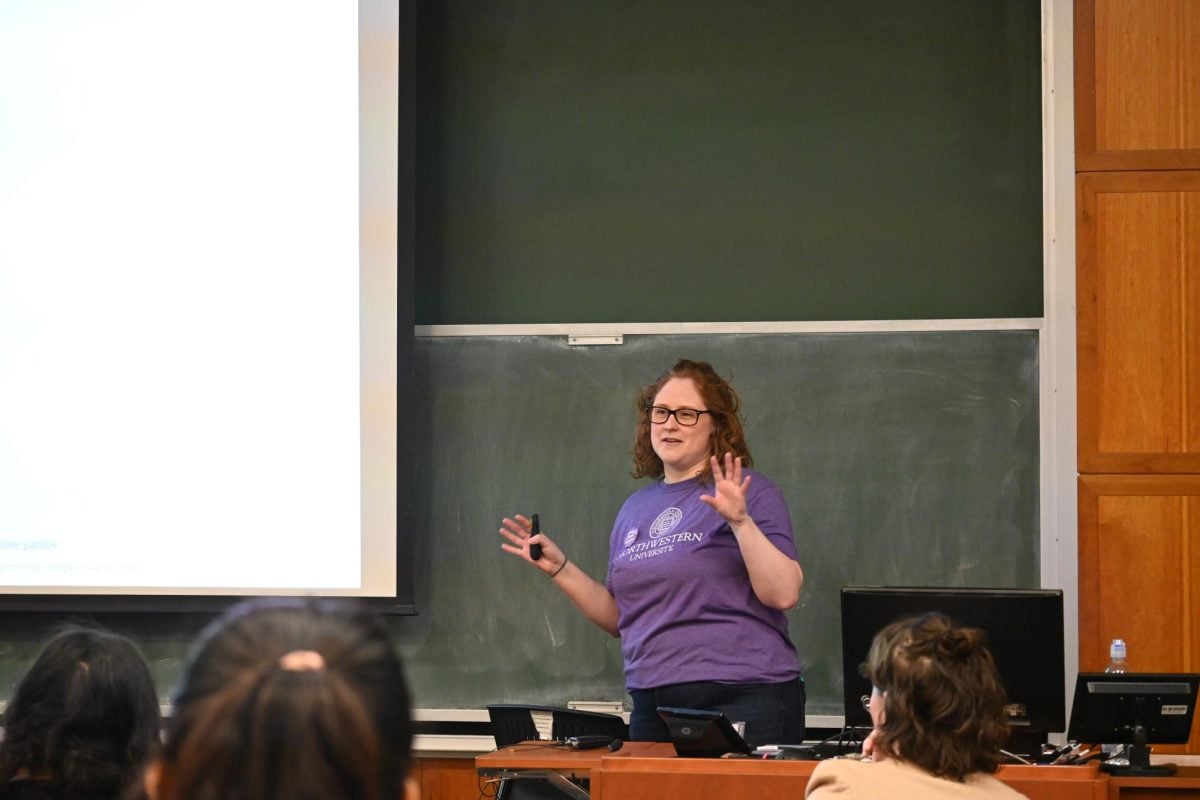Students who play music have better listening skills, according to a recent study.
The findings may change the way scientists identify and treat certain learning disabilities, said Northwestern Prof. Nina Kraus, who collaborated with members of the American Association for the Advancement of Science for the study.
Kraus, who teaches neurobiology, physiology and communication sciences, examined the effects musical experience has on everyday listening and language tasks, which include reading or listening in a noisy environment.
Her lab conducted the study by measuring a person’s nervous system while they played music.
“Musical training can refine the neural processes that are important for everyday listening and language tasks,” Kraus said.
The earlier a child starts to play an instrument, the better, she said.
Although Dan Dozark, a Weinberg and Bienen freshman, has played the piano for 11 years, he said his listening abilities greatly improved since he took an aural skills class.
“The class is actually supposed to help me train my ear to be able to recognize pitches through various dictation practice,” he said. “We slowly learn how to hear different notes and chords in the music through lots of practice and theory.”
Music enhances listening skills through repetitive patterns and a process called “selective enhancement,” Kraus said.
The research may help scientists understand certain learning disabilities, said Trent Nicol, the lab manager in Kraus’ lab.
“The dimensions that are enhanced in musicians are the same dimensions that are somewhat impaired in other populations, such as kids with reading disorders or people who have been diagnosed with having a particularly difficult time hearing speech and noise, despite perfectly normal hearing otherwise,” Nicol said. “Musical training could probably help some of these young kids who are having difficulty reading.”
This is why school music programs are more important than ever, Kraus said.
Programming cuts in Evanston/Skokie School District 65 threaten music programs, said Pam Ave Maria, the district’s music department chair.
In the last seven years, the music program has been decreased from two 30 minute classes per week to one 40 minute class per week, she said.
While the music curriculum has stayed, the method of teaching has been adjusted, she said.
“I can’t get nearly as much done as I can in one class than I can in two shorter class periods,” said Ave Maria, who also teaches music at Washington Elementary School. “With two separate classes, there’s more practice time for the children. There’s more remembering on their part on what they’ve done. You don’t have to start back on square one at the beginning of every week.”
Nicol said he hopes the new research will strengthen school music programs.
“Although we, as scientists, don’t really have our foot in the door of policymakers for the most part, we’re hoping that we can get the word out that music indeed is a very good thing,” he said. “It’s very important to have it in schools and to do whatever we can to get music into the lives of kids, especially those who do have some problems with reading.”[email protected]







